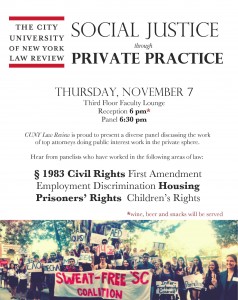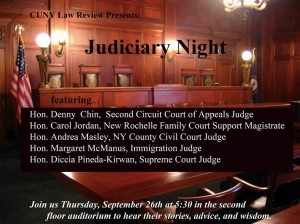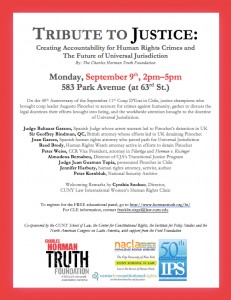Our latest Footnote Forum installation comes from Professors Janet M. Calvo, Shirley Lung, and Alizabeth Newman.*
Janet M. Calvo, Shirley Lung, Alizabeth Newman†
Click here for a recommended citation and to download a paginated PDF version of this article.
Non-citizens who are afforded Deferred Action for Childhood Arrivals (DACA) qualify for New York State bar membership. Over four hundred thousand young people in the United States have been approved for DACA, a program for non-citizens who came to the United States as children.[1] Approximately one percent of DACA-eligible non-citizens have pursued graduate education,[2] including law school. The admission of those approved for DACA to the bar is supported by New York statutes and the constitutional jurisprudence of the United States Court of Appeals for the Second Circuit and the New York Court of Appeals. The New York Judiciary Law explicitly precludes alienage as a basis for denial of bar admission. New York has a history of routinely admitting non-citizens to the bar; there is no categorical exclusion from bar admission of any particular category of law graduates based on immigration status. An individual’s immigration category does not determine whether he or she possesses the skills, competence, and moral character to serve as an advocate in the courts of New York and to ethically represent the best interests of clients.



